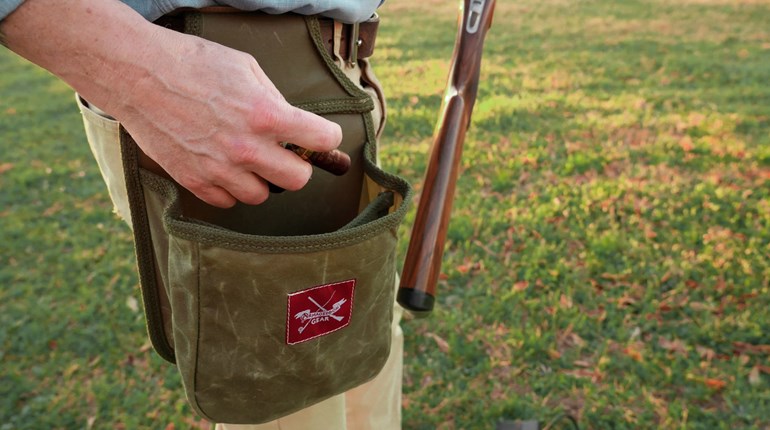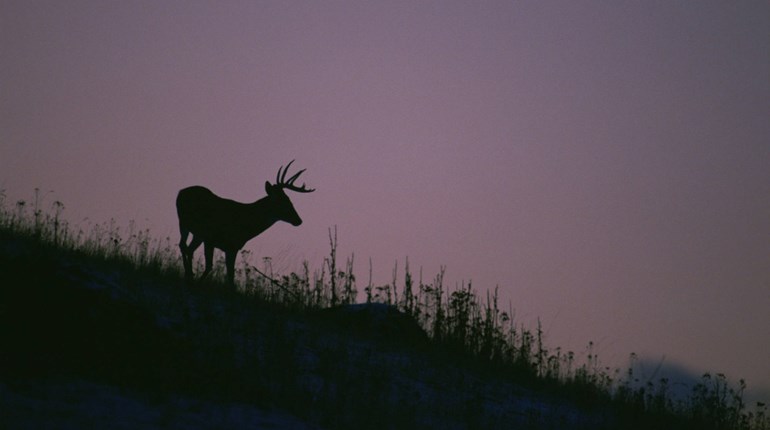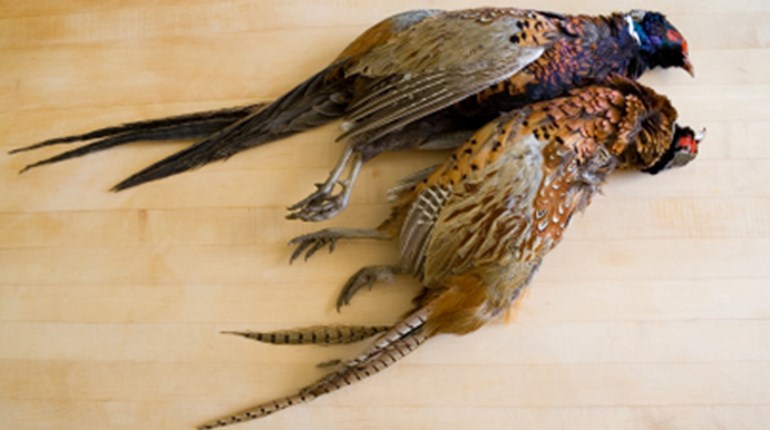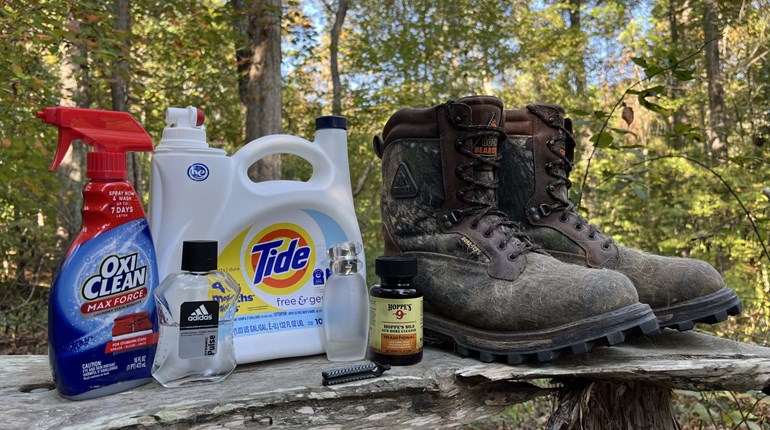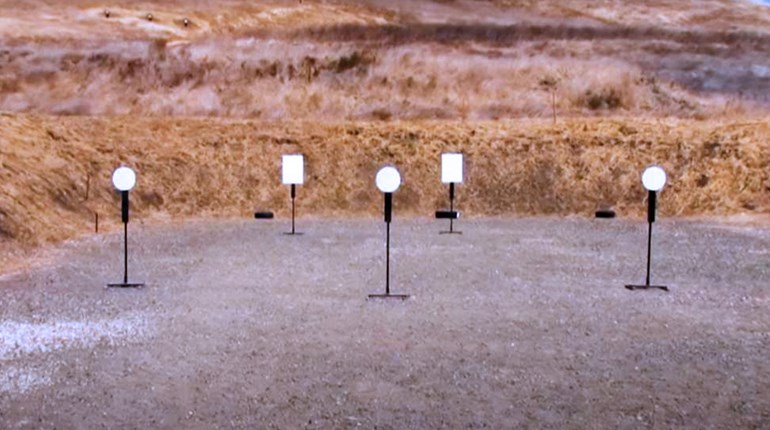
There's a special feeling hunters get to experience once or twice a year, at most. The emotion it stirs doesn't pale with age or experience and it hits in that pre-dawn silence, when the air is crisp and only a hint of light to the east signals the first day afield is about to begin. It's the most magical moment of a hunt, doesn't hinge on "success" and never fails to arrive that morning, even in a blizzard.
There's nothing like it in our daily routines, or anything that comes close. It's usually a family member or close friend who has the honor of introducing novices to that mystical moment, but there are programs available for those who don't have someone close to immerse them in the hunting experience.
1. Game and Fish
Consult your state wildlife agency's website to determine what is required to hunt. Better yet, visit their nearest office and explain you're interested in trying the sport, but don't have a family member or friend who hunts. The information officers at the desk are a wealth of information and may know of a local rod and gun club or conservation organization with a program ideally suited for beginners.
They will also answer all your questions in regard to opening day, seasons, requirements to get a license and even when to apply for special permits. While you're there, pick up a current set of hunting regulations. The Internet is nice, but you never know what you're going to discover just leafing through the pages-you may be interested in pursuing whitetail deer, but there are many other seasons available that are a little more relaxed for beginners.
A handy list of state fish and game contacts can be found here.
2. Hunting and Fishing Day
Every year in September, conservation organizations and wildlife departments organize events in many areas to introduce newcomers to the sports of hunting and fishing. The volunteers and pros are eager to help-the whole purpose of the celebration is to educate the public and get more people involved. Admission is almost always free, and the connections you make could give your pursuit a great jump-start. Visit the National Hunting and Fishing Day website for dates and a list of activities.
In addition, seminars tailored for beginners are often held at local gun clubs, annual meetings of conservation organizations or elsewhere. So keep an eye on the sports section of your local paper or bulletin board in your favorite sporting goods store.
3. Back to School
The odds are good you cannot go hunting without taking and passing a hunter education course-regardless of your age. There are some exceptions, which the state's regulations spell out.
The course is a great introduction to the rules, safety and ethics. Enroll in a class and you'll also meet a volunteer instructor and probably another wildlife officer during the "field day" exam. They, too, can provide additional details about nearby programs, or even seminars conducted locally.
4. For Women
Becoming an Outdoors Woman "...is a non-profit, educational program offering hands-on workshops to adult women." Seminars are available in states across the nation and provinces in Canada. What started as a 3-day program offering an introduction to everything from fishing, to kayaking and firearms, has grown to include more advanced trips and even outdoor-specific destinations.
Of course, your NRA is also here to help. NRA Women's Programs offers two Women's Wilderness Escapes a year, which offer a supportive environment for women of all skill levels to become familiar with the outdoors, and it's a great way to meet people who can help you on your way. NRA Women is a terrific online resource as well, with plenty of training videos and tips.
5. Youth Hunts
Most state wildlife agencies offer special days for junior hunts, but there must be an accompanying "adult" mentor. If no one among your friends or family hunt, then it's impossible to attend (and most of the time the adult must possess a valid hunting license).
Thankfully, some conservation organizations have filled that void. Pheasants Forever, for example, runs hunts and provides mentors for children who enroll in its "No Child Left Indoors" program. Some chapters include novice adults in select hunts, so visit the organization's website and contact a nearby chapter.
Safari Club International's chapters also run youth hunts nearly every year, and in most cases adult volunteers are there as mentors. Depending on your location, and availability, you can expect to be hunting anything from deer, to hogs or sheep. Contact a nearby chapter for full details. The national organization also runs the American Wilderness Leadership School in Wyoming.
6. Networking
Regardless of your age, making contact with local officials, clubs and volunteers is key. You may not uncover a special hunt, but with the right connections you'll find someone eager to share that moment before the sun rises on opening day, and pass along the tradition.
Image courtesy Colorado Parks & Wildlife/Dave Moreno













